Type 1 diabetes (T1D) is an organ-specific disease characterized by the deficiency of insulin caused by the autoimmune destruction of pancreatic islet β cells. Stem cell-based therapies play essential roles in immunomodulation and tissue regeneration, both of which hold great promise for treating many autoimmune dysfunctions. Exosomes are small extracellular vesicles (EVs) released by almost all types of cells, performing a variety of cell functions through the delivery of their molecular contents such as proteins, DNAs and RNAs. Increasing evidence suggests that stem cell-derived EVs exhibit similar functions as their parent cells, which may represent novel therapeutic agents for the treatment of autoimmune diseases including T1D. In comparison with their parent cells, stem cell-derived EVs may have good safety profiles and can be easily stored and transported as cell-free products without losing their functions. Dr. Yong Zhao and his team summarized the current research progresses of stem cell-derived EVs for the treatment of T1D and published in the peer-reviewed journal Frontiers in Endocrinology on Jan. 12, 2022. For more information, please read the full article.
